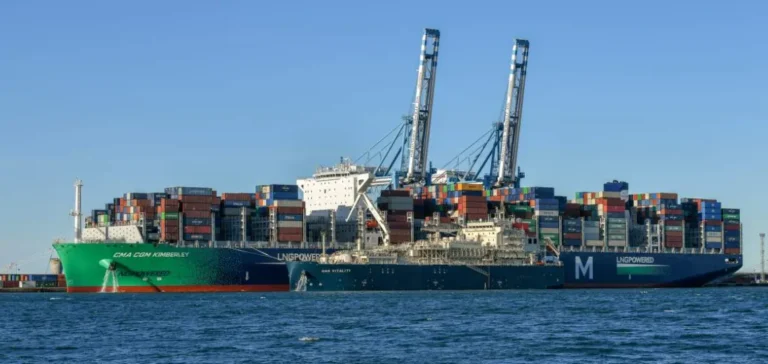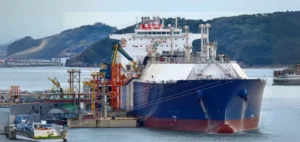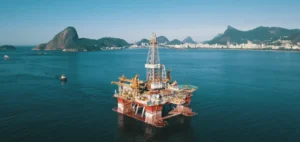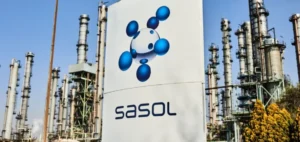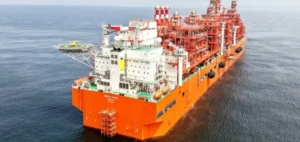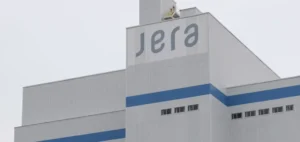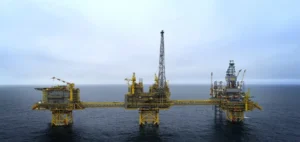Maritime transport group CMA CGM and energy producer TotalEnergies have officially announced the creation of a 50/50 joint venture aimed at operating a new liquefied natural gas (LNG) bunkering vessel. This vessel, designed to transport 20,000 m³ of LNG, will become operational by the end of 2028 from the Port of Rotterdam, the Netherlands.
A strategic vessel for the ARA region
The new bunkering unit will supply LNG-powered vessels operating in the Amsterdam-Rotterdam-Antwerp (ARA) region. This strategic positioning adds to an existing fleet, including the “Gas Agility” bunkering vessel, which has a capacity of 18,600 m³ and has been operated exclusively by TotalEnergies since 2020. The joint venture plans for the new vessel to supply not only CMA CGM’s ships but also those of other companies operating in the region.
The cooperation is based on the shared objective of both companies to meet the growing demand for alternative fuels, with particular focus on regional supply chains. The agreement also includes a contractual commitment from TotalEnergies to supply CMA CGM with 360,000 tonnes of LNG per year between 2028 and 2040.
Deployment of LNG in maritime transport
Liquefied natural gas, obtained by cooling natural gas to very low temperatures, has emerged as one of the preferred alternative fuels in the maritime transport sector. It reduces carbon dioxide (CO2) emissions by 20% compared to traditional heavy fuel oil, while limiting sulfur emissions and most fine particulates. However, the use of LNG presents certain challenges, particularly the risk of methane leaks, a potent greenhouse gas with significant environmental consequences.
The partnership aligns with a trajectory where maritime transporters must reach carbon neutrality by 2050, with intermediate goals of a 40% reduction in emissions by 2030 and 80% by 2040 compared to 2008 levels. By 2029, CMA CGM will have a fleet of 129 LNG-powered vessels, thus strengthening its access to this fuel on key European trade routes.
The creation of this joint venture between CMA CGM and TotalEnergies marks an evolution in LNG bunkering infrastructure, supporting the growing demand for alternative fuels in international maritime transport.


